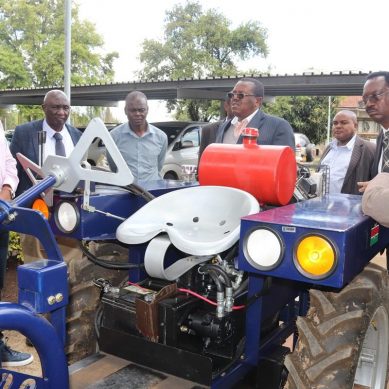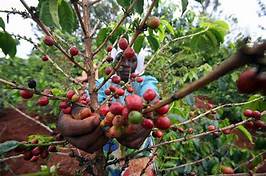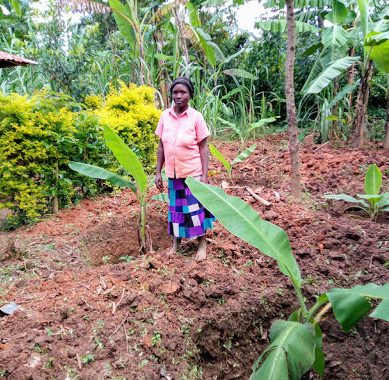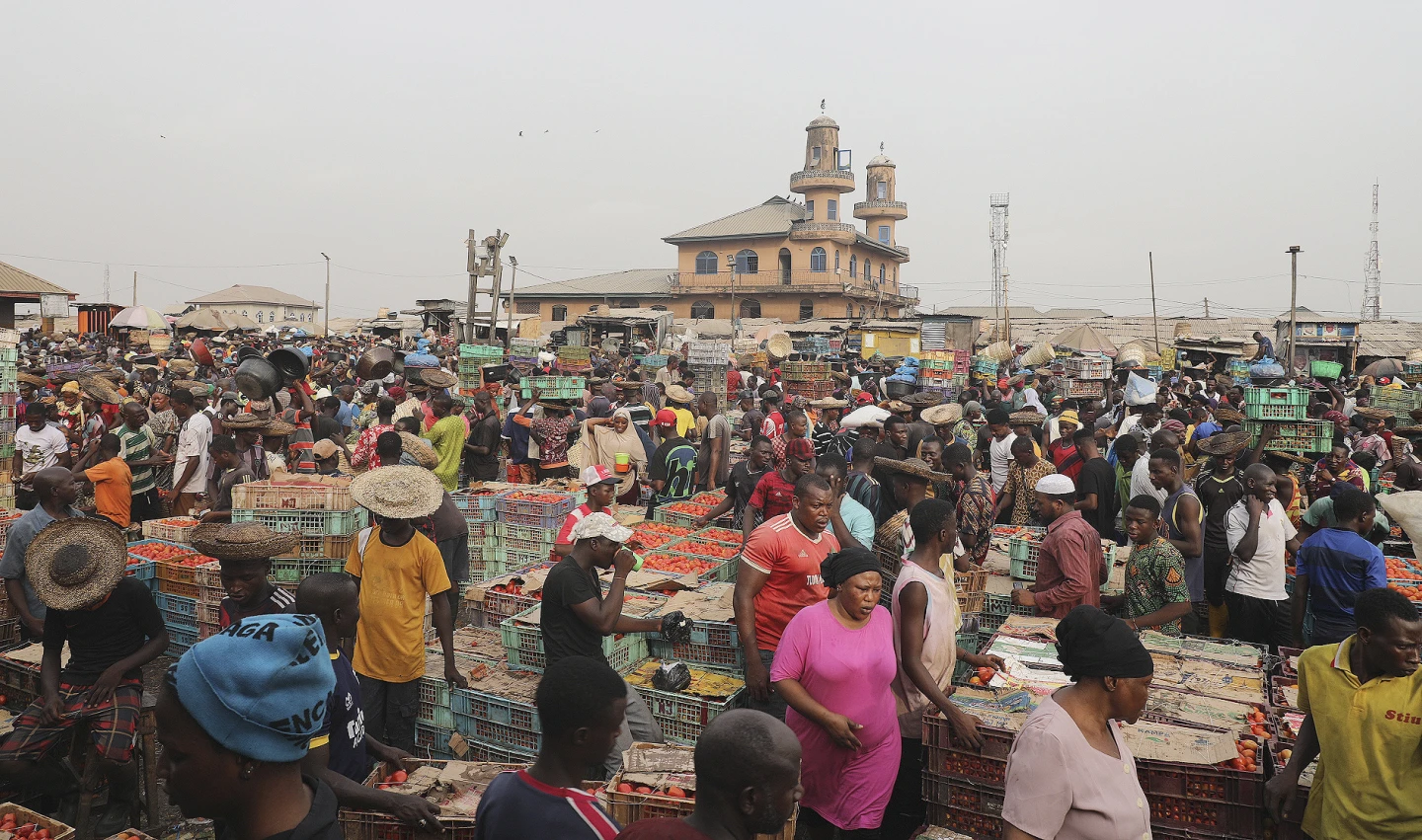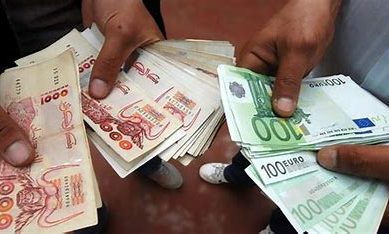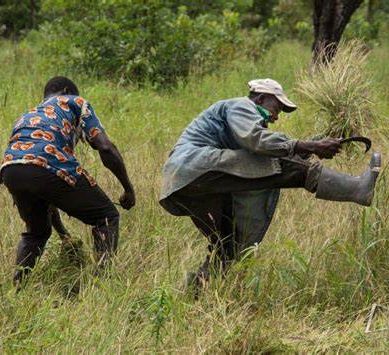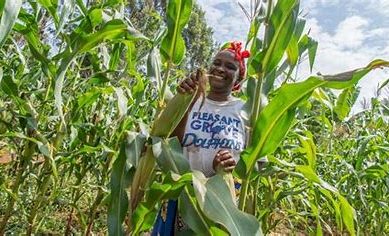New York AG: Trump’s properties will be auctioned unless he pays $454m civil fraud fine
Trump’s ability to pay his mounting legal debts is increasingly murky after back-to-back courtroom losses. In January, a jury ordered him to pay $83.3 million for defaming writer E. Jean Carroll.
World Bank tells poor countries to grow ‘much faster’ to repay debt as bond sales hit $47 billion
The World Bank warned in its Global Economic Prospects report, opens new tab, published in January, that the global economy was set for the weakest half-decade performance in 30 years during 2020-2024, even if recession is avoided. Global growth is expected to slow for a third consecutive year to 2.4 per cent, before ticking up to 2.7 per cent in 2025.
South African animal rights activists up in arms after ship with 19,000 cattle causes a big stink in Cape Town
The National Council of the Society for the Prevention of Cruelty to Animals sent a veterinary consultant onboard the ship to assess the welfare of the animals, it said. The SPCA’s council said it was strongly opposed to the export of live animals by sea.
Despite spirited push to incentivise local sugarcane growing, farmers in western Kenya are ditching the ‘lazy man’s’ crop for coffee
Despite the government in the past two years trying to assuage sugarcane farmers by paying them for raw material deliveries that been pending for years, continued interest and investment in “lazy man’s crop” – as sugar cane is derided by agricultural experts and economists – has waned significantly in the sugar-belt.
How $170,000 factory converted banana, potato farming from subsistence into commercial enterprise in western Kenya
Now, as Kenya looks to be food secure, harvesting and drying up perishables such as bananas and potatoes (Irish and sweet) is expected to give such foods a longer shelf life, besides diversification.
Eating chiefs: Nigeria’s currency hits rock bottom as central bank discovers $2.4 billion false foreign exchange claims
CBN Governor Olayemi Cardoso has said the bank has cleared $2.5 billion of the foreign exchange backlog out of the $7 billion that had been outstanding. The bank, however, found that $2.4 billion of that backlog were false claims that it would not clear, Cardoso said, leaving a balance of about $2.2 billion, which he said will be cleared “soon.”
Algeria’s black market for foreign currency underlines economic woes of the North African nation
From Lebanon to Nigeria, experts warn that having two parallel exchange rates can distort a country’s economy, discourage investment and encourage corruption. Algeria has historically been reluctant to lower the official value of the dinar, worried that devaluation will spike prices and anger the population.
Kenya targets lower budget deficit in next fiscal year after decade of debt-fuelled infrastructure spending
To cover the deficit, the government will raise 326.1 billion shillings in net external financing, and another 377.7 billion shillings in net domestic borrowing. Overall spending will rise to 4.19 trillion shillings ($28.90 billion) from an estimated 3.90 trillion shillings in this fiscal year, the ministry said.
With wheat-based diets blamed for rising lifestyle diseases in Africa, scientists are resorting to indigenous crops to solve food insecurity
The benefits of fonio are so marked that academics and policymakers are now calling for the grain – alongside other indigenous foods, such as Ethiopia’s teff, as well as cassava and various millets and legumes – to be embraced more widely across Africa to improve food security.
Why modern farmers and scientists are keen on growing more crops for cows and cars, not food for humans
To see the yield gap in action, compare two important corn producers: the US and Kenya. In the US, the average yield is around 10.8 tonnes per hectare, while in Kenya it’s 1.5 tonnes. While the US is very close to its maximum theoretical corn yields, Kenya – taking into account its different climate – is way below its theoretical maximum. In other words, the US barely has a corn yield gap at all, while Kenya has a yield gap of about 2.7 tonnes per hectare below its theoretical maximum.
